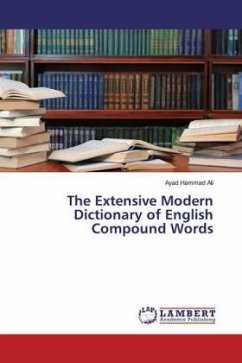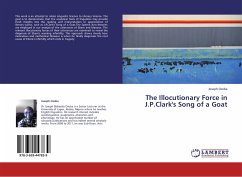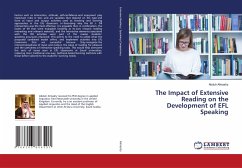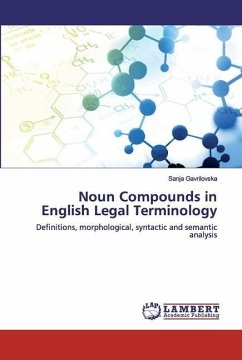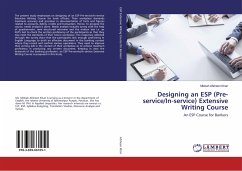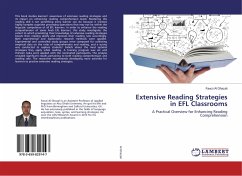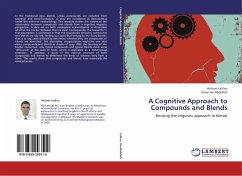"The Modern Extensive Dictionary of Compounds" provides the readers with extensive elucidations of the compound words of different fields. Essentially, it is concerned with manifesting the compounds available in the English language and giving their equivalents using the informative way of bestowing synonyms of vocabulary, and then itemizing the compounds in terms of syntactic structures after diffusing them into structural templates. Decomposing these compounds into nouns, verbs, adjectives, adverbs or affixes empowers the readers or learners to perceive the configuration of each compound and the new class category that it sponsors. Edifying a compound in a well-formed structure gifts the compound with an ornament frame. As this book is regarded as the first dictionary that deals with compounds from linguistic point of view in general and syntax in particular where no one has ever done such a work before. However, it is also considered as an outlet to touch on different linguistic issues compromising sociocultural prospects, such as dialects, idioms, slang, vulgar or colloquial expressions. Also, semantic matters and issues related to diachronic linguistics were highly attended.
Bitte wählen Sie Ihr Anliegen aus.
Rechnungen
Retourenschein anfordern
Bestellstatus
Storno

